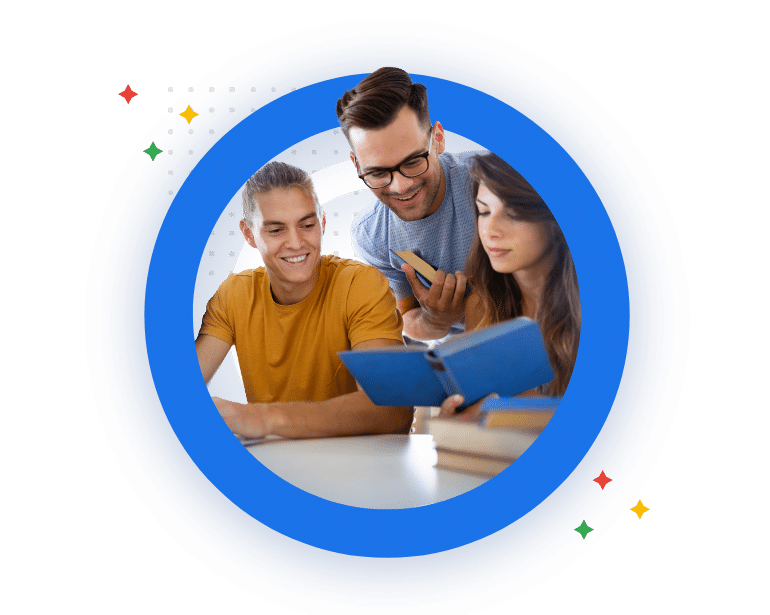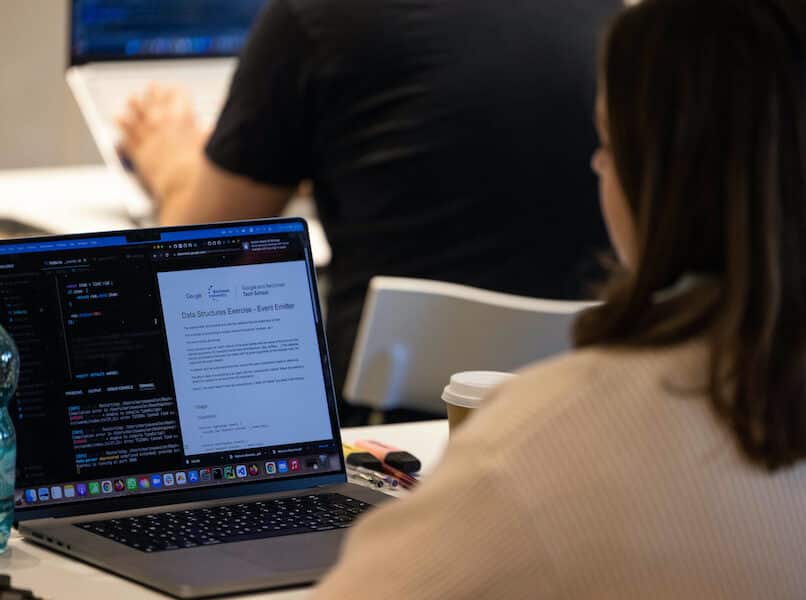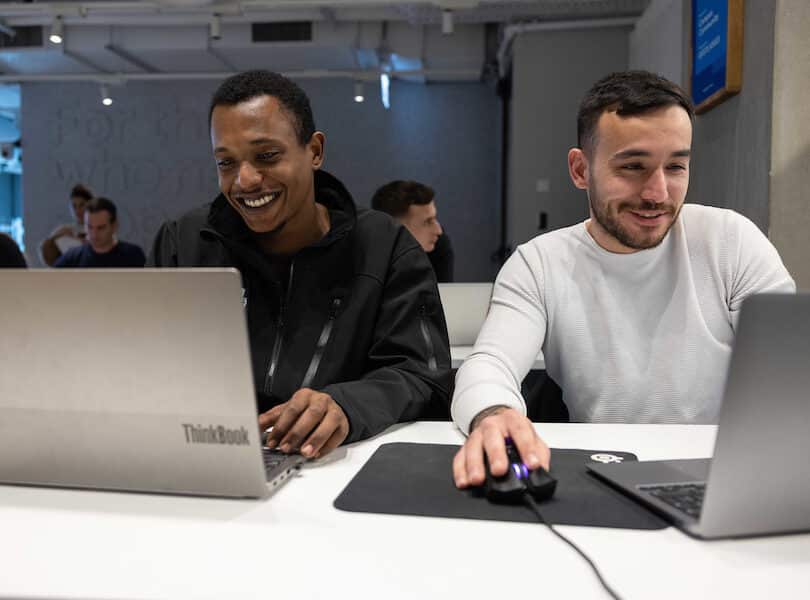(Computer science Fundamentals)
Syllabus WebDev
The program is based on an Academic Bootcamp framework developed and delivered at Reichman University since 2018. The training consists of a combination of academic, university-level courses, and professional, industry-oriented courses. The academic courses are taught by instructors from the Efi Arazi School of Computer Science, and the professional courses by industry experts.









